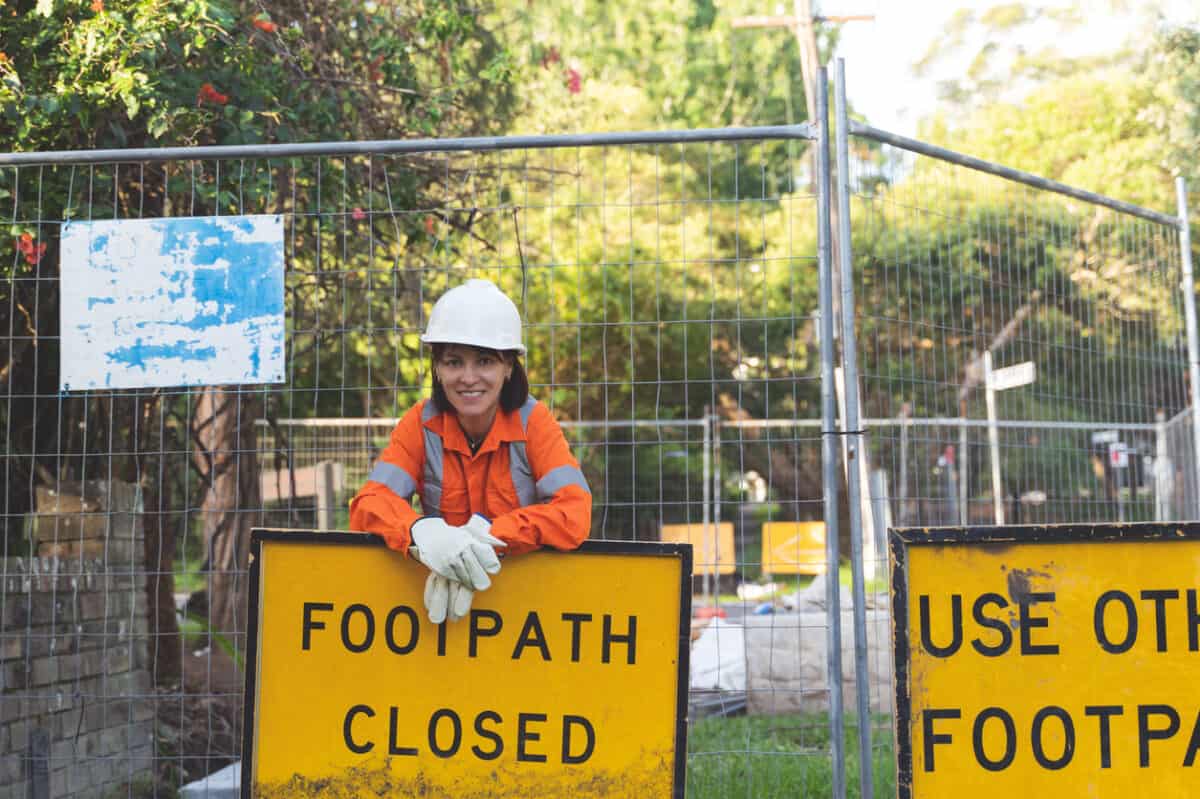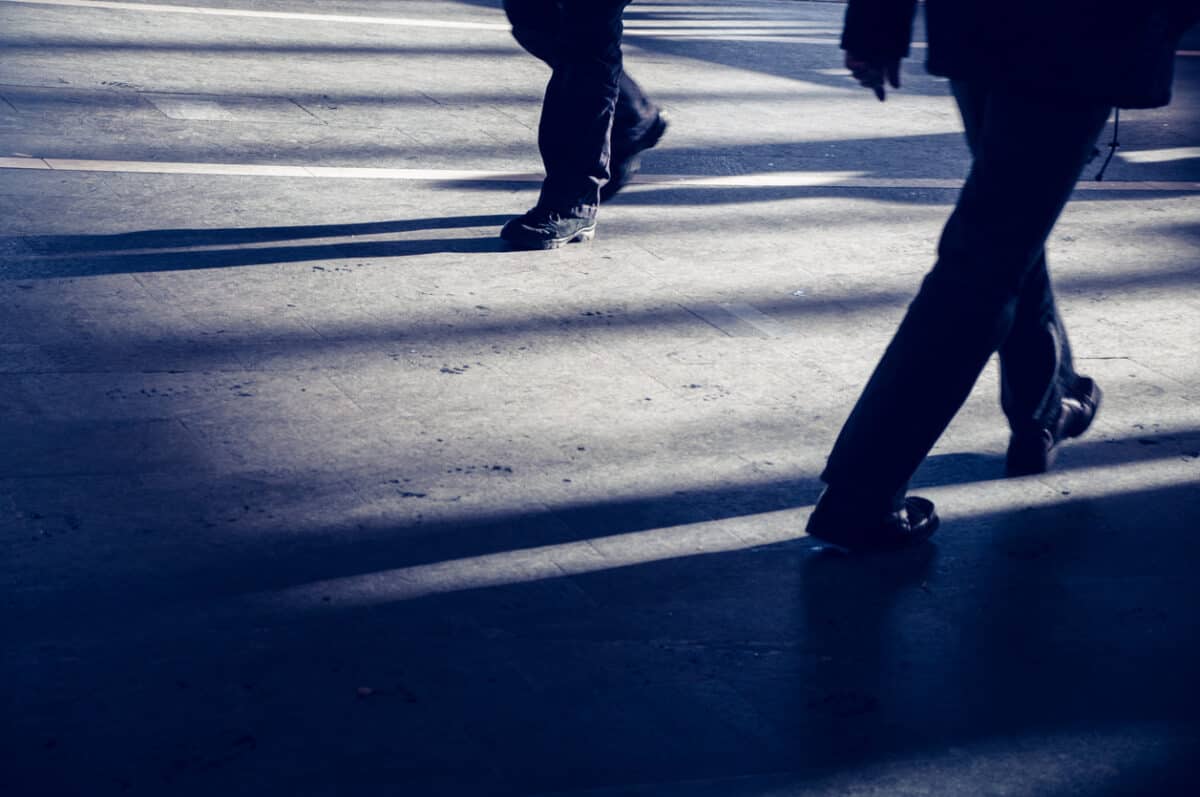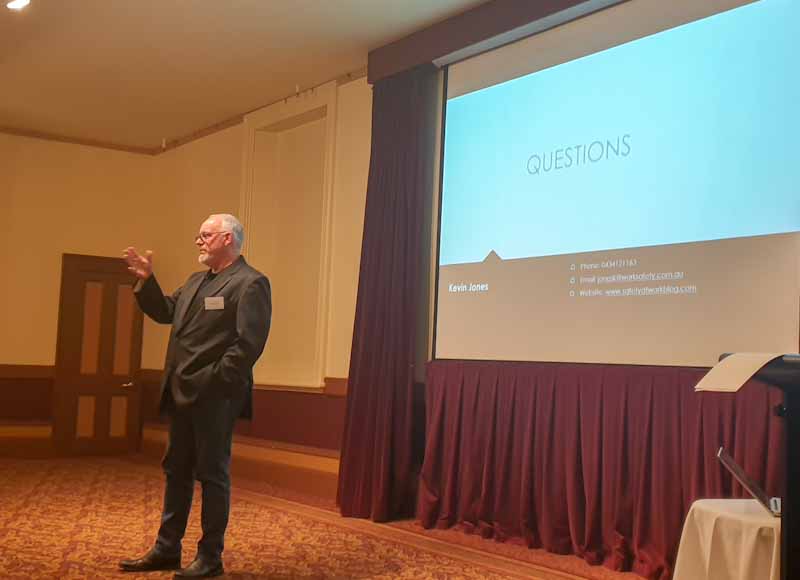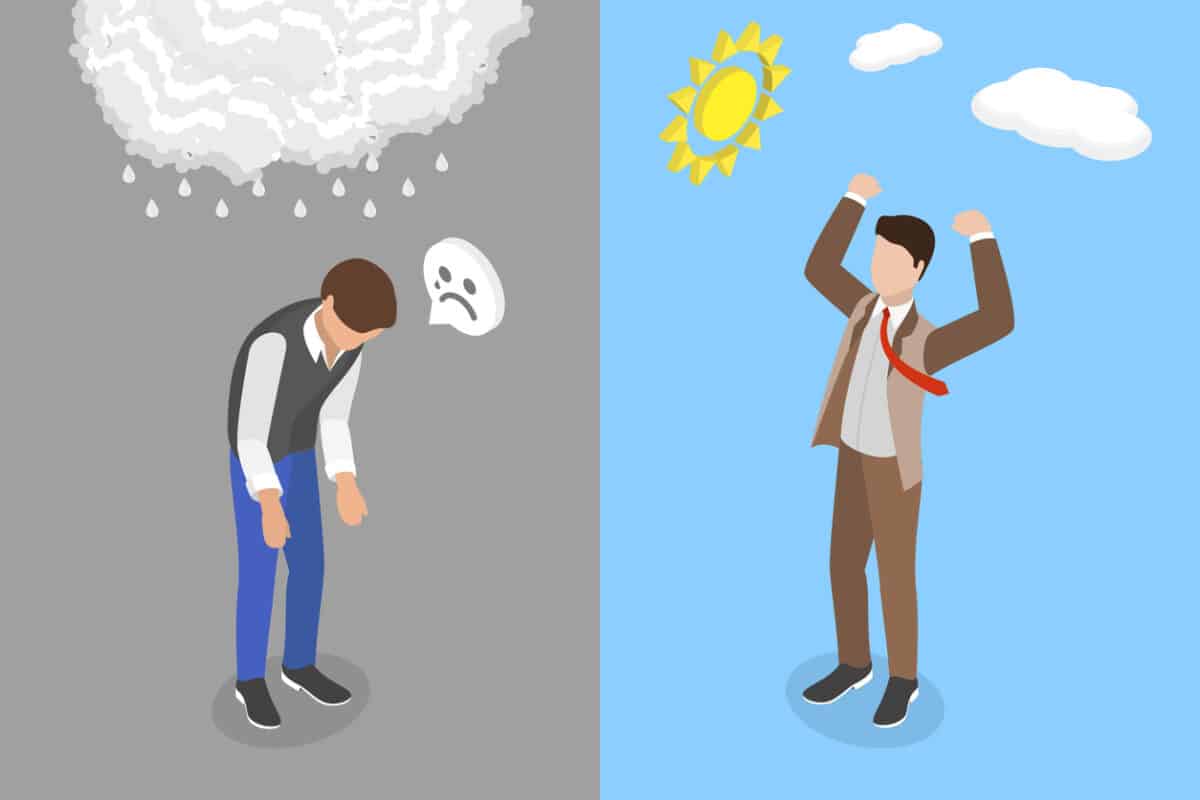WorkSafe Victoria’s obsession with Health and Safety Representatives (HSRs) was displayed at last week’s 2023 WorkSafe Awards night. The HSR of the Year nominations generated rowdiness in the audience, absent from the rest of the evening. The political context for emphasising HSRs in workplaces is understandable; there is always a close (and financial) relationship between trade unions and left-leaning political parties like that currently governing Victoria. HSRs and occupational health and safety (OHS) committees have been part of Victoria’s OHS legislation since 1985.
But only as one element of Consultation – a concept and principle that applies to all Victorian workplaces, not just those with trade union members or HSRs.







